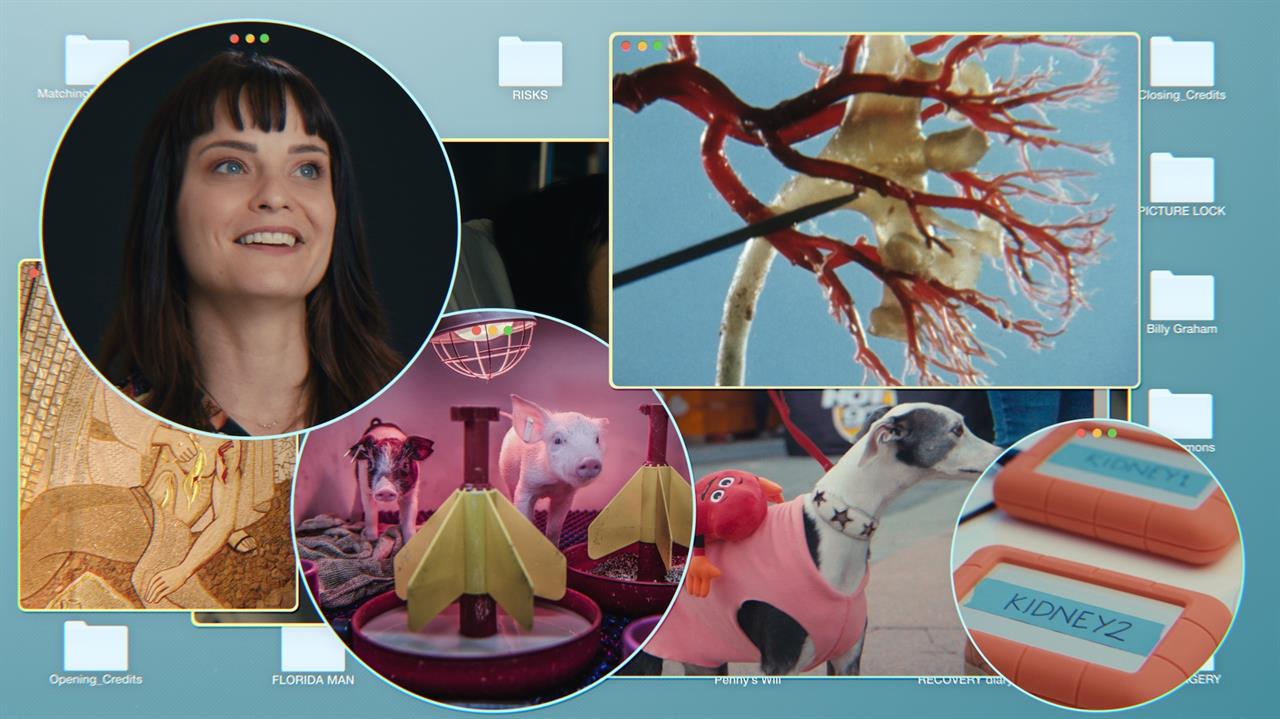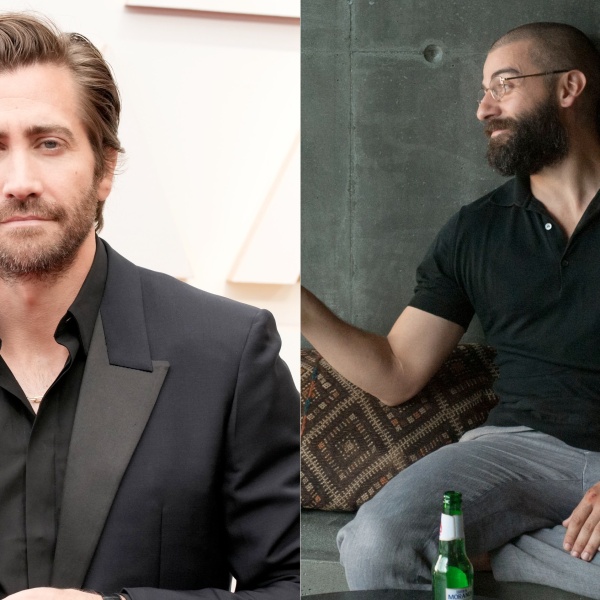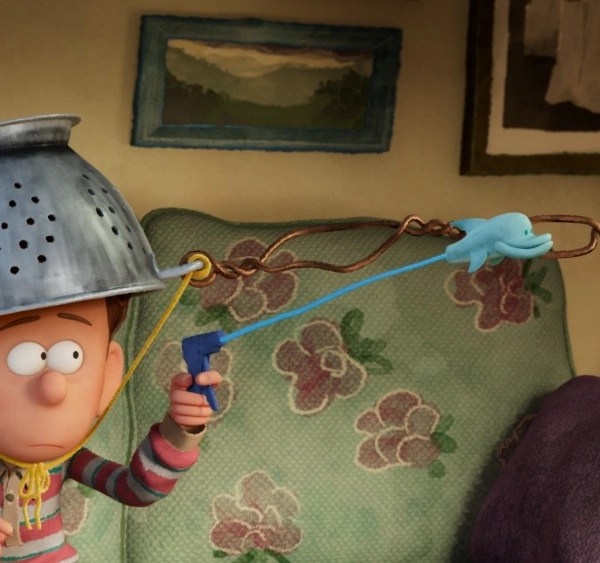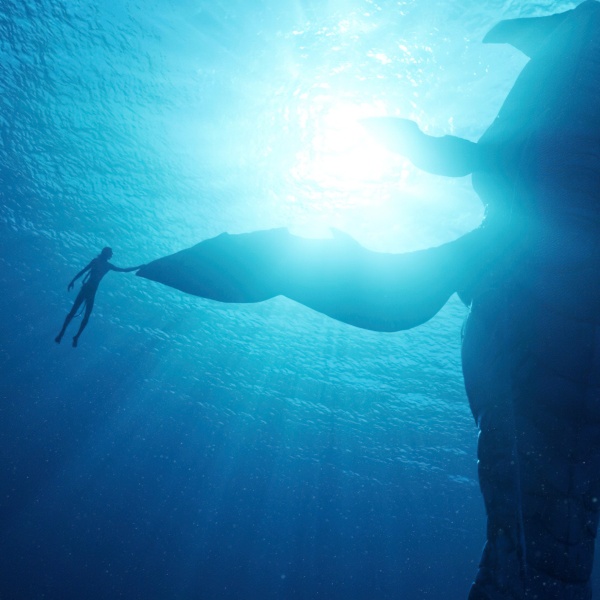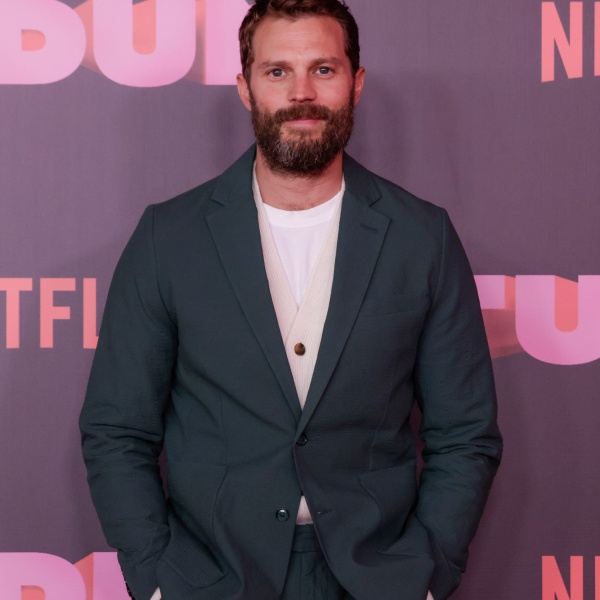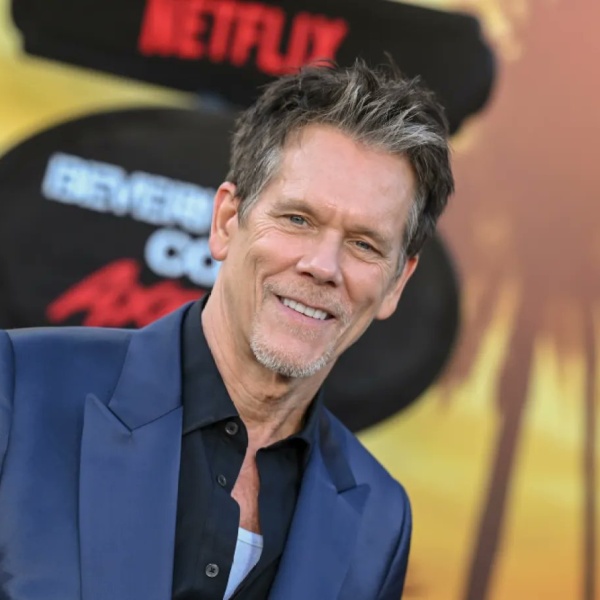2023 has been yet another excellent and eye-opening year for documentary filmmaking, but you probably wouldn’t know it from the rather muted role that non-fiction cinema has played in the discourse over the last 11 months. Sundance was typically replete with major work like “Milisuthando,” “Kokomo City” and “The Disappearance of Shere Hite,” but many of these unconventional highlights struggled for distribution (or were gobbled up by streamers, which is often the same thing), while the usual array of music biodocs (e.g. “Little Richard: I Am Everything”) and environmental panic attacks (“Deep Rising”) failed to make the same impression that similar festival premieres have made in the past.
The rest of the calendar has largely continued that trend, with critical favorites like Claire Simon’s “Our Body” and “De Humani Corporis Fabrica” relegated to the margins while “After Death” — a faith-based, fact-free work of pseudoscience from the distributor behind “Sound of Freedom” — became the highest-grossing documentary of the year.
The good news, of course, is that feature-length documentary cinema is still thriving if you know where to find it, and the even better news is that DOC NYC — America’s largest documentary film festival — is back to collect an absolute ton of it in one place.
Continuing a practice that began with the pandemic, most of the 100+ movies screening at DOC NYC will be available to watch online during the festival, which means that people across the United States will have a ridiculously wide array of exciting new documentaries at their fingertips, including can’t-miss world premieres and well-curated breakouts from earlier fests; hotly-tipped Oscar contenders like “American Symphony” (about the musician Jon Batiste, and his life partner’s experience with cancer), and new discoveries still in search of distribution, such as Hasan Oswald’s heart-wrenching “Mediha,” about a Yazidi teenager who survived being sold to ISIS, and remains desperate to reunite with other members of her family who were abducted by the terror group.
With an emphasis on world premieres, we’ve combed through this year’s DOC NYC slate to highlight 10 films that define what makes this festival so essential to audiences in the city and far beyond. Visit DOC NYC’s website for ticket information and a look at the full schedule, which runs from November 8 — November 26.
-
“36 Seconds: Portrait of a Hate Crime” (dir. Tarek Albaba)

On February 10, 2015, a 46-year-old Chapel Hill man with a love of guns and a history of racial animus executed the three young Muslim-American students who lived next door to him: Deah Barakat, his wife Yusor Abu-Salha, and her sister Razan Abu-Salha. This shocking attack was initially explained as the result of a dispute over parking spaces, but character witnesses — and unexpected video footage of the attack as it was captured on one of the victims’ cell phones — erased any doubt that it was a vicious hate crime.
Taking its title from the length of that incriminating video, Tarek Albaba’s harrowing and heartfelt “36 Seconds: Portrait of a Hate Crime” focuses on the victims’ families as they fight to have their loved ones’ killings seen for what they were in a country where such things are often diminished to the point of denial. The DOC NYC premiere will be in support of the Our Three Winners Foundation, which was founded to honor Barakat and the Abu-Salha sisters, and Subject Matter will donate $200 for every audience member who contributes after the screening. —DE
-
“The Contestant” (dir. Clair Titley)

It takes chutzpah to open your documentary with archival footage of a news anchor saying “If you put what we’re about to show you in a movie, I doubt anyone would believe it,” but Clair Titley’s “The Contestant” has the goods to back it up. If the story told here were the subject of a scripted biopic, it would smack of exaggeration or gross dramatic license; if it were told in a narrative film, it would seem about as realistic as Park Chan-wook’s “Oldboy,” which might be the work of fiction that it most closely resembles.
Alas, the harrowing tale of the cruelest reality show ever conceived is all too believable, in large part because what happened on a segment of a Japanese variety show at the end of the 20th century has proven frighteningly predictive of the torturous mind games that reality television programs have inflicted upon their contestants ever since. Then again, there’s never been another reality television program quite like “A Life in Prizes,” in which a man nicknamed Nasubi randomly “won” the chance to be stripped naked, placed in a small room without food or clothes, and told that he could only survive on the prizes he won from the mail-in contests in the magazines supplied to him.
Titley’s sure-handed film compellingly recounts one of the strangest and most sordid episodes in television history, its escalating horrors so bizarre that anyone watching “The Contestant” is likely to be as riveted by Nasubi’s story as “A Life in Prizes” viewers were as they first watched it unfold. —DE
-
“Confessions of a Good Samaritan” (dir. Penny Lane)

A new Penny Lane film is always something to celebrate, as the filmmaker has spent her career digging into unique, often “wacky” stories with a deft personal touch, from Kenny G to The Satanic Temple. This time around, Lane gets really personal, as her latest follows her as she attempts to do something truly altruistic: give a kidney to a stranger in need. What happens next? We won’t spoil it here, but we will say that Lane’s special brand of humor and heart finds even more enthralling and unexpected outlets in her newest feature. —KE
-
“David Holmes: The Boy Who Lived” (dir. Dan Hartley)

Stunt performer David Holmes landed a pretty sweet gig in 2001, when he was tapped as Daniel Radcliffe’s stunt double in the very first “Harry Potter” film. It was a job that Holmes — a life-long gymnast who has often confessed to feeling no fear when pulling off objectively scary stunts — happily carried out through the next seven films that make up the insanely popular film franchise, and a dream cut short when Holmes was injured during a stunt on “Harry Potter and the Deathly Hallows: Part 1” in 2011, a terrible accident that resulted in his paralysis.
Dan Hartley’s doc follows Holmes — and Radcliffe, too — as he attempts to make sense of his life outside of his dream, and what happens after everything changes. Fans eager to see the documentary need not attend DOC NYC either: it will start streaming on Max on November 15. —KE
-
“Mediha” (dir. Hasan Oswald)

An intimate and tragically evergreen film that looks at the aftermath of a genocide through the eyes of a 13-year-old Yazidi girl who’s still struggling to make sense of her own experience, let alone find a way to convey such unfathomable horrors to anyone who might eventually watch the video diaries she records in the refugee camp she now calls home, Hasan Oswald’s “Mediha” is a story about someone desperately trying to salvage whatever might be left of her world — despite knowing that some of its most crucial pieces will never be found again.
The details of Mediha’s survival are awful to read, and almost unbearable to hear Mediha recount on screen: She was sold for $500 when she was nine, and traded as a sex slave between four different men during the years that followed. By the time she was rescued from Turkey, she had lost her fluency in Arabic, and was barely able to communicate with any of her remaining family members. That isolation only adds to the pressure of reuniting with her missing siblings, even as members of Mediha’s community insist that it’s better to forget the past.
But her efforts pay off in the most spectacular ways, and it’s crushingly beautiful — if also profoundly upsetting — to watch the pieces of her world and of herself that Mediha is able to put back together. —DE
-
“Merchant Ivory” (dir. Stephen Soucy)

Talk about being due for the doc treatment! Beloved and prolific filmmaker and producer James Ivory — one half of the lauded filmmaking duo from which Stephen Soucy’s film takes its title; his long-time personal and professional partner Ismail Merchant passed away in 2005 — finally gets his own on-screen treatment, thanks to this wide-ranging documentary. Soucy’s film takes us through the pair’s 44-film-strong lineup, including such classics as “Howard’s End” and “The Remains of the Day,” complete with behind the scenes footage and a raft of new interviews. —KE
-
“No One Asked You” (dir. Ruth Leitman)

“The Daily Show” co-creator and former head writer Lizz Winstead has given her life to crafting whipsmart political comedy, so it feels only fitting that her latest joint — a documentary directed by Ruth Leitman — is about the kind of urgent action that Winstead is best known for. The film follows Winstead and the Abortion Access Front (and, per DOC NYC, their “merry band of activists and comedians”) as they travel the country to support abortion clinics and providers. The doc is predictably billed as both “humorous” and “urgent,” which sounds like the perfect encapsulation of Winstead, Leitman, and their aims. —KE
-
“Tomorrow, Tomorrow, Tomorrow” (dir. Martina Radwan)

Prolific long-time doc cinematographer Martina Radwan — “Food and Country,” “The Fire That Took Her,” “In the Same Breath,” to name just a handful of titles — turns her attention (and camera) on her first feature-length outing as a director and DP with “Tomorrow, Tomorrow, Tomorrow.” The basic premise of the documentary is one always worth exploring — what happens when an idealistic American tries to “save” a pack of impoverished kids she meets in the course of her work? — but Radwan’s film promises to dig even more deeply into a fraught situation with tenderness and insight.
After Radwan met a trio of Mongolian children while on assignment, she made it her business to help the three improve their lives: but what does that actually look like? And why does she want to do it so badly? And what happens after that initial flush of goodwill? One hint: some of Radwan’s Mongolian friends will be on hand for a post-screening Q&A after the film debuts on November 10. —KE
-
“Total Trust” (dir. Jialing Zhang)

Recent years have seen a number of fascinating docs about digital life in modern China (none better than “The People’s Republic of Desire”), but most have focused on how civilians use the internet as a — sometimes dehumanizing — tool to secure a measure of freedom in an increasingly authoritarian country. “One Child Nation” co-director Jialing Zhang has taken a more ominous approach with “Total Trust,” which explores the outsized and quasi-Orwellian role that surveillance technology has come to play in the Chinese government’s ongoing assault on its citizens’ right to privacy. Chillingly detached in its observational exploration of Big Data, A.I., and the human beings who seek to harness the power of such things against billions of people, “Total Trust” offers a glimpse into a future where technology isn’t a way out so much as an inescapable prison unto itself. —DE
-
“Uncropped” (dir. D.W. Young)

It wouldn’t be DOC NYC without a rich and absorbing documentary about an iconic New York photographer (see: “Jay Myself,” “Last Stop Coney Island,” and several more), and this year’s offering finds “The Booksellers” director D.W. Young looking at the last 50 years of the city’s cultural history through the singular lens of someone who’s been there to shoot virtually all of it.
While James Hamilton’s wildly eclectic work has taken him far beyond the Big Apple (good luck finding anyone else whose portfolio includes snaps from both Tiananmen Square and the set of George Romero’s “Creepshow”), “Uncropped” focuses on Hamilton’s singular contributions to the local music scene, and shines a new light on the stories behind many of the portraits included in his 2010 monograph “You Should Have Heard Just What I Seen.” This film may not have any interest in reinventing the biodoc, but if you want to hear everyone from Wes Anderson to Thurston Moore reflecting on the contrasts that make New York look and sound like no other city on Earth, you can’t do much better than “Uncropped.” —DE
